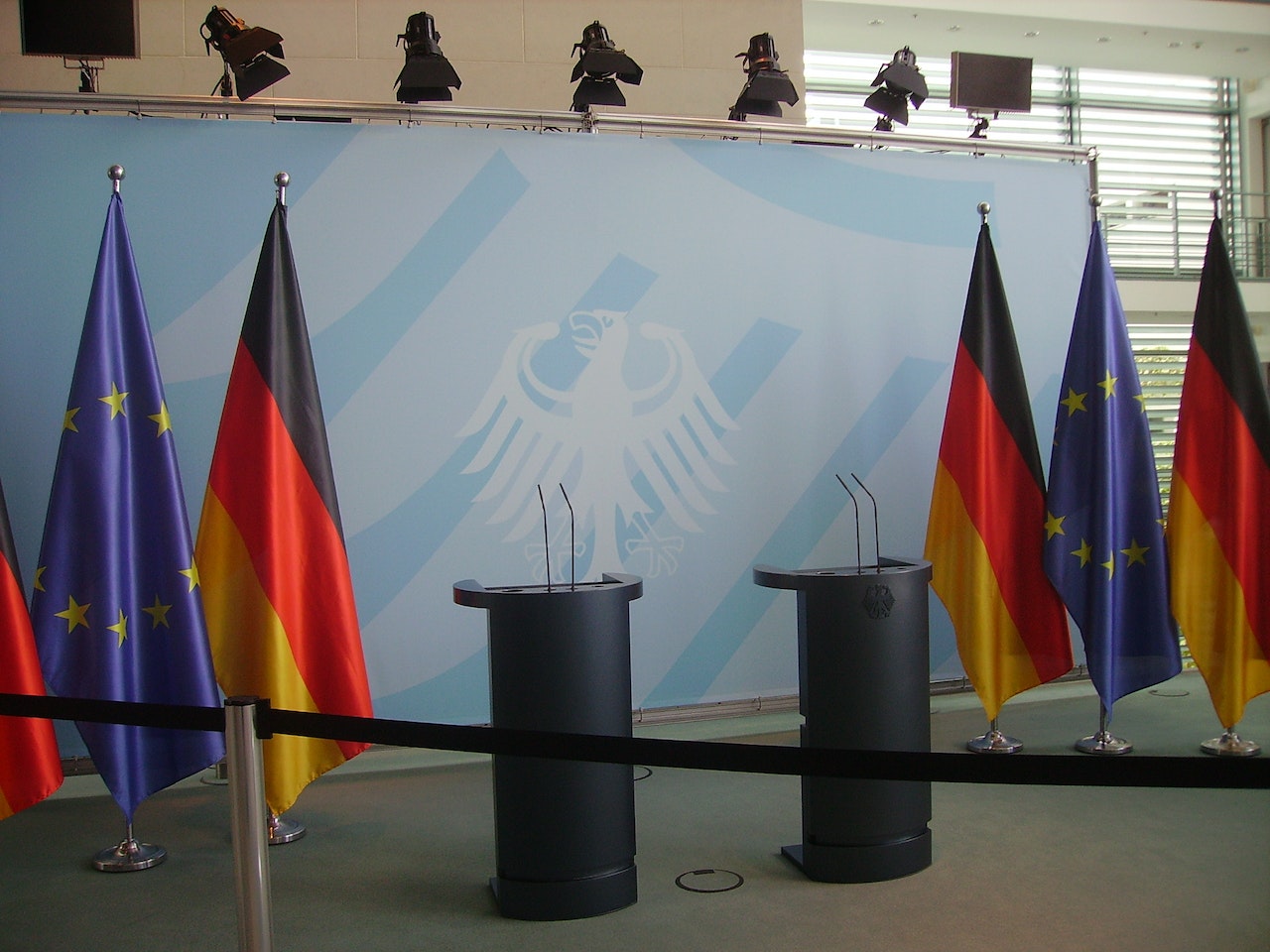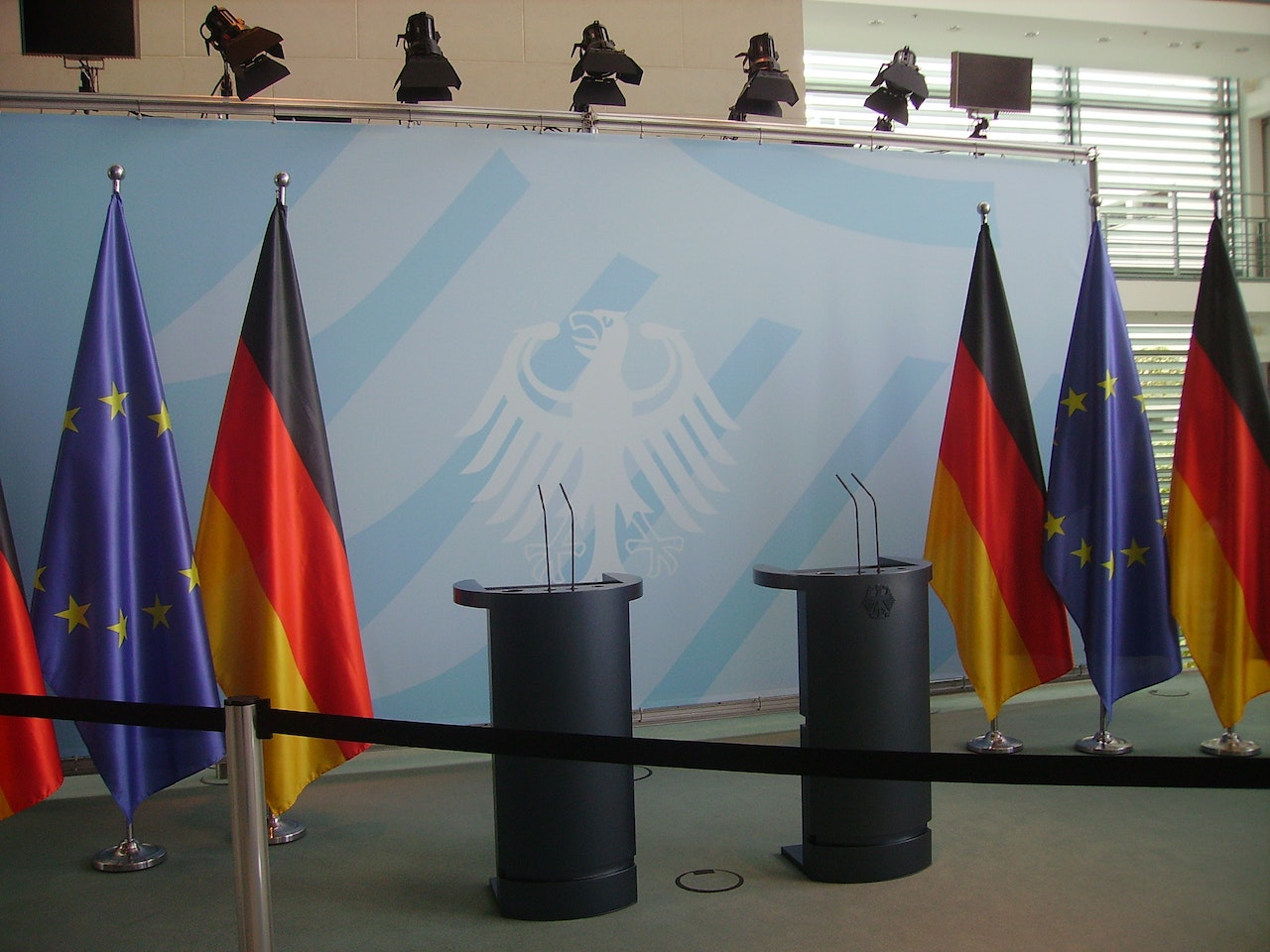Political Economy: Exploring the Intersection of Politics and Economics
Welcome, dear readers, to the fascinating realm of political economy—a world where the gears of politics and the engines of economics intertwine in a complex dance. In this captivating journey, we will unravel the intricate relationship between these two disciplines, exploring how decisions made in the political arena shape economic policies, and how economic forces, in turn, shape the political landscape. So fasten your seatbelts and get ready to embark on an entertaining adventure that will shed light on the dynamic interplay between politics and economics.
Political Economy: Exploring the Intersection of Politics and Economics
Welcome, dear readers, to the fascinating realm of political economy—a world where the gears of politics and the engines of economics intertwine in a complex dance. In this captivating journey, we will unravel the intricate relationship between these two disciplines, exploring how decisions made in the political arena shape economic policies, and how economic forces, in turn, shape the political landscape. So fasten your seatbelts and get ready to embark on an entertaining adventure that will shed light on the dynamic interplay between politics and economics.


The Politics of Economics - Policies and Power Plays
Power Players - Politicians and Economic Decision-Makin
When it comes to shaping economic policies, politicians hold the reins of power. They craft legislation, implement regulations, and make strategic decisions that have far-reaching consequences for economies and societies. Political ideologies, personal agendas, and electoral dynamics all come into play as politicians navigate the complex terrain of economic policy-making. Understanding the motivations and actions of these power players is crucial in comprehending the intricate relationship between politics and economics.
The Balancing Act - Politics, Stability, and Economic Growth
Political stability is often a key determinant of economic growth. When governments maintain a stable political environment, businesses can thrive, investments can flourish, and economies can experience sustained expansion. Conversely, political instability can lead to uncertainty, volatility, and hinder economic progress. The delicate balance between political stability and economic growth is a critical factor that shapes the destiny of nations and influences the well-being of their citizens.
The Politics of Economics - Policies and Power Plays
Power Players - Politicians and Economic Decision-Makin
When it comes to shaping economic policies, politicians hold the reins of power. They craft legislation, implement regulations, and make strategic decisions that have far-reaching consequences for economies and societies. Political ideologies, personal agendas, and electoral dynamics all come into play as politicians navigate the complex terrain of economic policy-making. Understanding the motivations and actions of these power players is crucial in comprehending the intricate relationship between politics and economics.
The Balancing Act - Politics, Stability, and Economic Growth
Political stability is often a key determinant of economic growth. When governments maintain a stable political environment, businesses can thrive, investments can flourish, and economies can experience sustained expansion. Conversely, political instability can lead to uncertainty, volatility, and hinder economic progress. The delicate balance between political stability and economic growth is a critical factor that shapes the destiny of nations and influences the well-being of their citizens.
The Economics of Politics - Money Talks, Votes Count
Show Me the Money - Financing Political Campaigns
Money plays a significant role in politics, and the financing of political campaigns has a profound impact on the democratic process. From campaign donations to independent expenditures, the financial resources invested in political campaigns can shape electoral outcomes and influence policy decisions. The economics of politics reveal the intricate dance between money and power, where candidates compete for funding, and financial interests seek influence in shaping political agendas.
The Economy's Voice - Public Opinion and Electoral Outcomes
Economic conditions often influence electoral outcomes as voters cast their ballots based on their pocketbooks. When the economy thrives, incumbents can bask in the glow of success, while recessions and economic downturns can sway voters towards change. Public opinion on economic matters, from employment rates to income inequality, can significantly impact the electoral landscape. The economics of politics remind us that voters' choices are not solely driven by ideology but are also shaped by their economic well-being.
The Economics of Politics - Money Talks, Votes Count
Show Me the Money - Financing Political Campaigns
Money plays a significant role in politics, and the financing of political campaigns has a profound impact on the democratic process. From campaign donations to independent expenditures, the financial resources invested in political campaigns can shape electoral outcomes and influence policy decisions. The economics of politics reveal the intricate dance between money and power, where candidates compete for funding, and financial interests seek influence in shaping political agendas.
The Economy's Voice - Public Opinion and Electoral Outcomes
Economic conditions often influence electoral outcomes as voters cast their ballots based on their pocketbooks. When the economy thrives, incumbents can bask in the glow of success, while recessions and economic downturns can sway voters towards change. Public opinion on economic matters, from employment rates to income inequality, can significantly impact the electoral landscape. The economics of politics remind us that voters' choices are not solely driven by ideology but are also shaped by their economic well-being.
The Policy Nexus - When Politics Meets Economic Decision-Making
Tax and Spend - Fiscal Policy and Budgetary Choices
Fiscal policy, the government's use of taxation and spending, is a powerful tool in the realm of political economy. Governments employ fiscal policies to stimulate economic growth, redistribute wealth, and address societal needs. Choices about tax rates, public spending, and budget priorities reflect the political priorities and economic philosophies of those in power. The impact of fiscal policy reverberates through the economy, influencing income distribution, investment patterns, and the overall well-being of citizens.
SMonetary Musings - Central Banks and Monetary Policy
Central banks, the guardians of monetary policy, play a pivotal role in political economy. Through interest rate adjustments, money supply management, and other tools, central banks aim to control inflation, stabilize financial markets, and promote economic growth. The decisions made by central banks often walk a tightrope between economic stability and political pressures. The delicate balance between these factors can impact exchange rates, borrowing costs, and the overall health of the economy.
The Policy Nexus - When Politics Meets Economic Decision-Making
Tax and Spend - Fiscal Policy and Budgetary Choices
Fiscal policy, the government's use of taxation and spending, is a powerful tool in the realm of political economy. Governments employ fiscal policies to stimulate economic growth, redistribute wealth, and address societal needs. Choices about tax rates, public spending, and budget priorities reflect the political priorities and economic philosophies of those in power. The impact of fiscal policy reverberates through the economy, influencing income distribution, investment patterns, and the overall well-being of citizens.
SMonetary Musings - Central Banks and Monetary Policy
Central banks, the guardians of monetary policy, play a pivotal role in political economy. Through interest rate adjustments, money supply management, and other tools, central banks aim to control inflation, stabilize financial markets, and promote economic growth. The decisions made by central banks often walk a tightrope between economic stability and political pressures. The delicate balance between these factors can impact exchange rates, borrowing costs, and the overall health of the economy.


The Global Stage - Politics, Economics, and International Relations
Trade Winds - Globalization and International Trade
International trade is at the intersection of politics and economics on the global stage. Trade agreements, tariffs, and negotiations between nations shape the flow of goods, services, and investments. The pursuit of economic interests, national security concerns, and political ideologies often converge in the realm of international trade. Understanding the politics of global trade illuminates the intricate dynamics that influence economic relationships between nations.
Global Challenges - Climate Change and Economic Policy
Climate change presents a pressing global challenge that demands both political and economic responses. The intersection of environmental concerns, economic policies, and international cooperation is a complex arena where decisions made today will impact the well-being of future generations. Political economies around the world are grappling with the need to balance sustainable practices, economic growth, and the interests of various stakeholders. The choices made in this realm will shape the future of our planet and the prosperity of societies.
As our journey through the realm of political economy draws to a close, we are reminded that the dance between politics and economics is never-ending. It is a dance of power, ideologies, interests, and aspirations—a dance that shapes the destiny of nations and the lives of individuals. By understanding the intricate interplay between politics and economics, we can navigate the complexities of our world and participate in shaping a future where prosperity and well-being thrive. So, dear readers, let us embrace this dance, observing its steps with curiosity, and engaging in discussions that illuminate the fascinating realm of political economy.
The Global Stage - Politics, Economics, and International Relations
Trade Winds - Globalization and International Trade
International trade is at the intersection of politics and economics on the global stage. Trade agreements, tariffs, and negotiations between nations shape the flow of goods, services, and investments. The pursuit of economic interests, national security concerns, and political ideologies often converge in the realm of international trade. Understanding the politics of global trade illuminates the intricate dynamics that influence economic relationships between nations.
Global Challenges - Climate Change and Economic Policy
Climate change presents a pressing global challenge that demands both political and economic responses. The intersection of environmental concerns, economic policies, and international cooperation is a complex arena where decisions made today will impact the well-being of future generations. Political economies around the world are grappling with the need to balance sustainable practices, economic growth, and the interests of various stakeholders. The choices made in this realm will shape the future of our planet and the prosperity of societies.
As our journey through the realm of political economy draws to a close, we are reminded that the dance between politics and economics is never-ending. It is a dance of power, ideologies, interests, and aspirations—a dance that shapes the destiny of nations and the lives of individuals. By understanding the intricate interplay between politics and economics, we can navigate the complexities of our world and participate in shaping a future where prosperity and well-being thrive. So, dear readers, let us embrace this dance, observing its steps with curiosity, and engaging in discussions that illuminate the fascinating realm of political economy.












